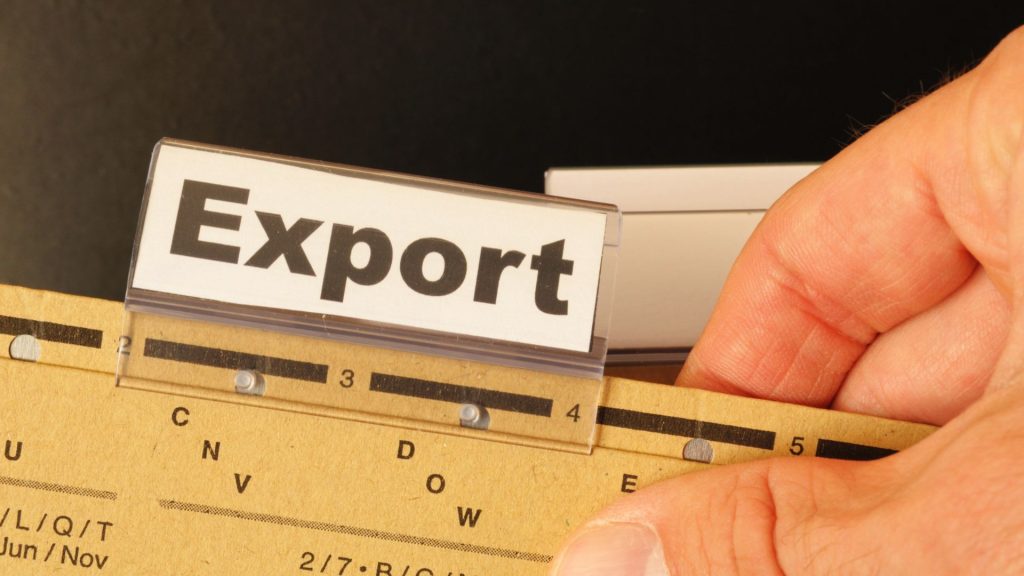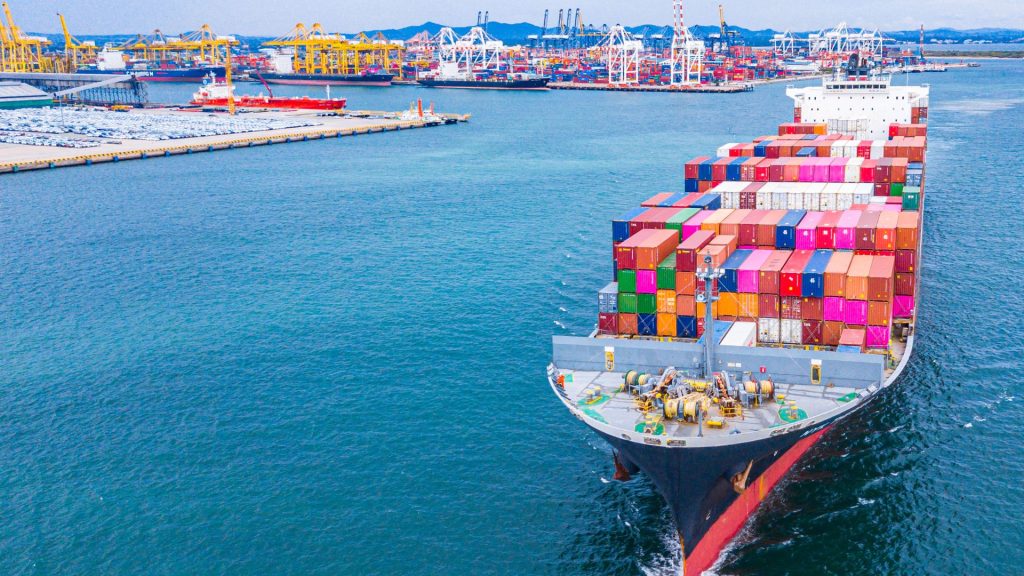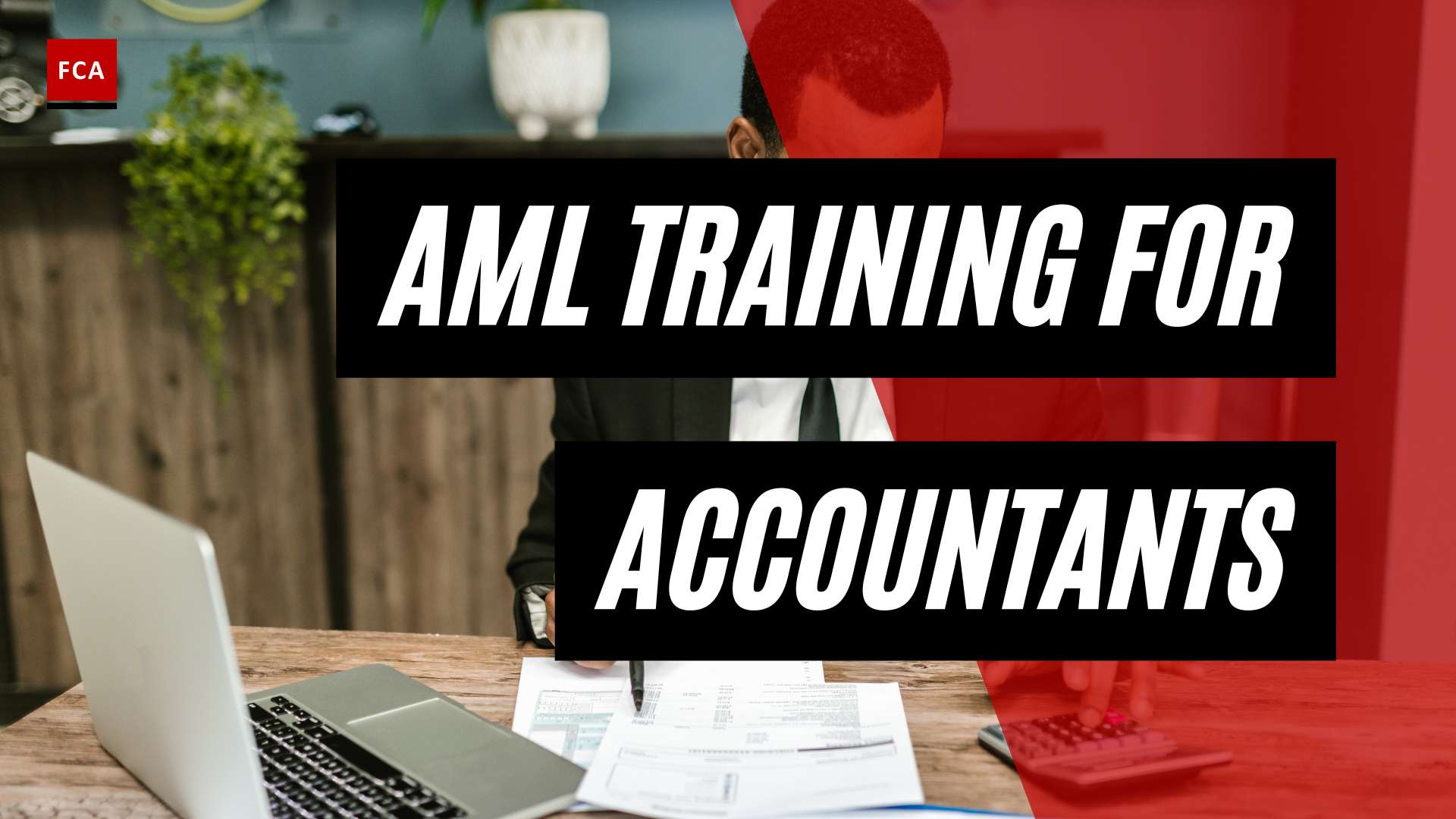The export and the exporter are both important when it come to trading. Export refers to the act of sending goods or services produced in one country to another country for sale or trade. Exporting is an essential aspect of international trade and plays a significant role in the economic development of countries.
An exporter is a person or a company that sells goods or services to a foreign country. They are responsible for manufacturing, producing, and delivering the products to the overseas market. Exporters must comply with the regulations and laws of both the country of origin and the destination country. They also need to manage logistics, negotiate prices, handle documentation, and navigate cultural differences and language barriers.

The Export and the Exporter: Overview of Export Documentation and Exporter CDD/KYC
Trading activities, including imports and exports, involve financial institutions as intermediaries to facilitate the importers and exporters. Export transactions involve a letter of credit or L/C opened by the importer, documentary collection, advance payment import-export, export invoice discounting, financing for trade transactions, bank guarantee, packing credit, etc.
Exporters must ensure that they will trade only with legitimate importers, import houses, or companies, which is necessary to avoid the risk of providing goods or services to criminals, including money launderers. In addition to the export documentation, the exporters need to prove the legitimacy of the transactions and trade parties involved in performing an export activity and transactions.
The exporter or export company contacts the local bank and presents the relevant information and documentation, including the goods to be exported to the importer. The banks do not facilitate the exporters without complete export-related documentation or information. The exporter or export company maintains the following documents.
However, these may vary from country to country:
- License or registration of export business
- Detail of goods to be exported
- Import terms and conditions agreed with the importer
- Import orders received from the importer to buy the particular goods
- Export Form or Form E
- Type of export or advanced payment or payment at delivery

Financial institutions, such as banks, conduct due diligence on exporters by following a risk-based approach. When onboarding an export customer, banks capture the relevant information about the trade-related activities of the customer and incorporate it in the exporter’s Risk Profile, giving due weightage to risks involved, including money laundering and terrorist financing or ML/TF risks.
Usually, exporters need to declare the goods to be exported to the relevant regulatory authorities, including the customs house, in the prescribed manner. The declaration of goods may also be required to be certified by the bank. Exporters must declare that the exports’ payments shall be received through the banks or authorized dealers.
E-Commerce companies involved in the exports of goods are also required to declare their goods, which are exported, and they also need to ensure that payments are processed through the banks or authorized dealers, considering applicable laws and regulations.
The banks or authorized dealers must certify the export form or Form-E or the Electronic Form-E before lodgement by exporters with the customs authorities. Banks or authorized dealers usually certify that exporters are known to them, that they are bona fide business persons in the country and have made arrangements with the bank or authorized dealer for the realization of the export proceeds of the goods declared on export form, on the relevant due date for payment in accordance with the regulatory requirements.
Banks or authorized dealers must also show their satisfaction with the export arrangements, including the importers or consignees abroad and their credentials, etc.

Some of the broader requirements, which banks or authorized dealers are required to ensure before processing export transactions, include that:
- Arrangements are made to realize the export proceeds of the goods covered by the relevant export transaction.
- Arrangements are made for the receipt of documents of title to goods or other title documents of cargo like Bill of Lading, Airway Bill, etc.
- Genuineness and verification of the charter party where the shipment is to be made against a charter party Bill of Lading.
Final Thoughts
Export documentation is the paperwork that is required for the export of goods. This includes the commercial invoice, packing list, bill of lading, and other documents required by the importing country. The purpose of export documentation is to provide information about the goods being exported, the parties involved, and the terms of the sale.
The exporter also has to comply with regulations related to customer due diligence (CDD) and know your customer (KYC). This involves verifying the identity of the customer and ensuring that they are not involved in illegal activities such as money laundering or terrorism financing. To comply with CDD/KYC regulations, exporters must collect and verify information about their customers, such as their name, address, and business activities. They may also need to obtain supporting documents such as business licenses and certificates of incorporation.
Overall, exporters need to ensure that they have the necessary documentation and comply with regulations related to CDD/KYC in order to successfully export their goods or services to another country.








